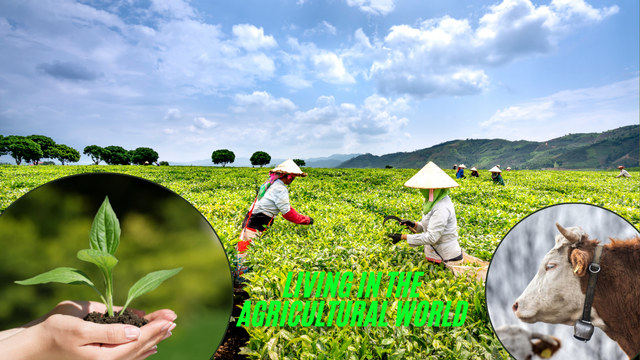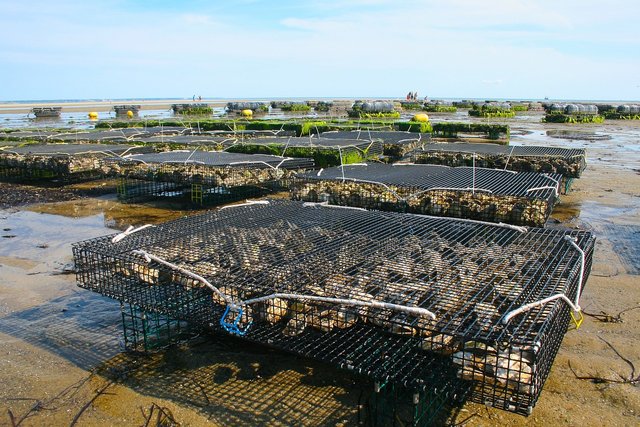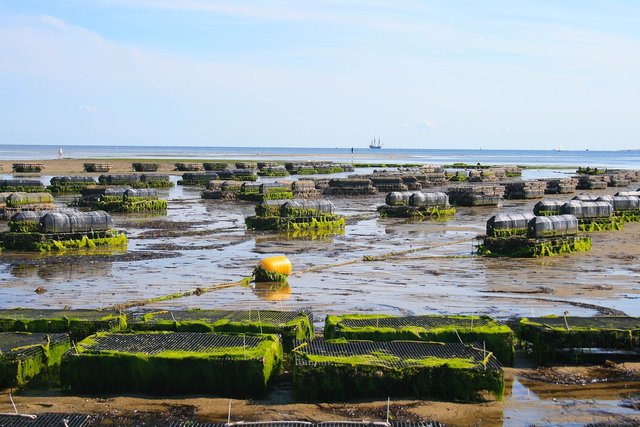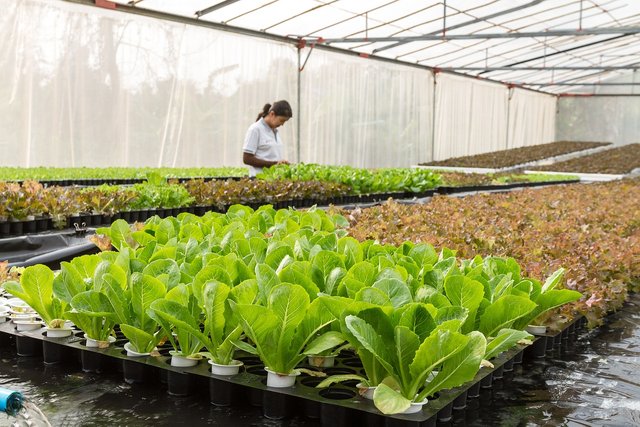Living in the Agricultural World #8
Hello Everyone.
I'm @mamun442390
From #Bangladesh
Thank you for inviting me to take part in the panel discussion entitled ''Living in the Agricultural World #8'' organized by @ninapenda in #Steem-Agro.
Aquaculture is farming aquatic organisms such as fish, crustaceans, mollusks, and aquatic plants in a controlled environment like ponds, tanks, or ocean enclosures. It concerns the controlled bred, raised, and collected of these living organisms for business reasons.
The key difference between aquaculture and traditional fisheries is that aquaculture involves the controlled and deliberate cultivation of aquatic organisms, while traditional fisheries rely on wild populations that are harvested from the oceans, rivers, or lakes. Aquaculture allows for more predictable production and reduced pressure on wild fish populations, but it also comes with environmental challenges related to issues like waste management, disease control, and habitat impacts.
Benefits of aquaculture:
- Ensures a dependable supply of food: The practice of aquaculture aids in addressing the rising global appetites for fish and other seafood.
- Reduces pressure on wild fish populations: By farming fish and shellfish, aquaculture can help reduce overfishing of wild fish stocks.
- Creates employment opportunities: Aquaculture operations create jobs in coastal communities and rural areas.
Drawbacks of aquaculture:
- Ecological consequences: The practice of aquaculture may cause water contamination, the degradation of ecosystems and the transmission of pathogens from cultured fish to the indigenous fish population.
- Disease risk: Proximity in aquaculture facilities can lead to the rapid spread of diseases among fish.
- Use of antibiotics and chemicals: Some aquaculture operations rely heavily on antibiotics and chemicals, which can have negative impacts on both the environment and human health.
Aquaculture contributes to global food security by providing a reliable source of nutritious food such as fish and seafood. It helps meet the increasing demand for protein-rich food worldwide, especially as wild fish stocks decline. Aquaculture also creates employment opportunities, supports coastal communities, and can reduce pressure on wild fish populations. However, sustainability practices are essential to ensure aquaculture operations do not harm the environment or exacerbate issues like overfishing.
Key factors influencing aquaculture production include water quality, feed availability and quality, disease management, environmental conditions, infrastructure, technology adoption, market demand, regulations, and financial capacity. Maintaining optimal water quality parameters, providing nutritious and sustainable feed, preventing disease outbreaks, implementing effective management practices, adapting to changing environmental conditions, investing in suitable infrastructure and technology, responding to market trends, complying with regulations, and ensuring financial stability is crucial for successful aquaculture production.




https://x.com/mamun442390/status/1859280143568814184?s=19
Welcome to steem-agro!
MODs Comment/Recommendation:
Hello @mamun442390 We appreciate your working on steemit. But we do not accept AI content. You take all your content from AI. This is not a good behavior. We warn you to do this. Next time we will mute you from the community. We accept just original human content. If you continue like that then you will not get any kind of support. We recommend that you please edit your post and add original content. If you have not any idea about the contest then you skip this contest.
Remember to engage with other users by making valuable comments. This will increase your chance of receiving rewards and attention.
Remember to always share your post on Twitter using these 3 main tags #steem #steemit $steem
Sorry sir please forgive my mistake.
I hope you genuinely desist from this. I know you're capable of changing. Anticipating more quality contents from you.